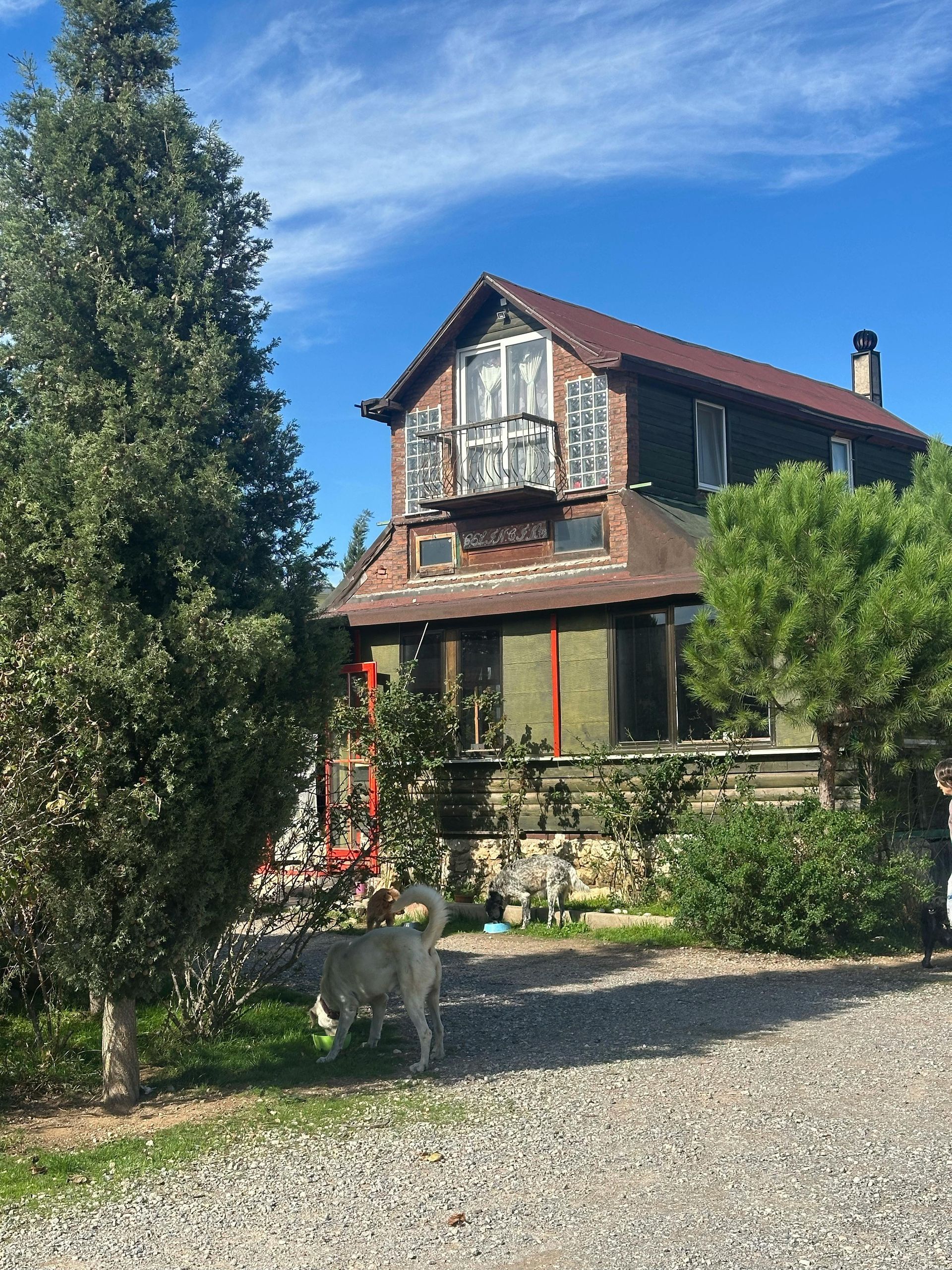Choosing the Right Approach for Your Vermont Divorce
Even the most straightforward divorces can become emotionally charged and complicated, leaving couples struggling with decisions about how to proceed. One of the most important choices a divorcing couple must make is whether to resolve their differences through mediation or litigation. Both options have their merits, but understanding their distinct differences is critical for making a decision that aligns with your needs and goals.
What is Mediation?
Mediation is a voluntary process in which divorcing couples work with a neutral third-party mediator to resolve their disputes outside of court. The mediator facilitates communication, assists in identifying issues, and helps the parties generate solutions that are acceptable to both sides. In Vermont, mediation is often encouraged as a means of reaching a mutually satisfactory agreement while minimizing conflict and litigation costs. Some of the many benefits of mediation include:
Control and Flexibility
Mediation empowers couples to maintain control over the outcome of their divorce by actively participating in the decision-making process. Unlike litigation, where a judge makes decisions based on legal arguments and evidence presented in court, mediation allows couples to tailor solutions that meet their unique needs and circumstances.
Cost-Effectiveness
Mediation typically involves fewer legal fees and court costs compared to litigation. Since the process focuses on resolving issues collaboratively, it can be more efficient and less time-consuming than waiting for court dates and engaging in lengthy legal battles.
Preservation of Relationships
Mediation fosters open communication and cooperation, which can be beneficial, especially when children are involved. By working together to find solutions, couples may preserve a more amicable relationship post-divorce, which can be advantageous for co-parenting and future interactions.
What is Litigation?
Litigation involves resolving divorce-related disputes through the court system, with each party represented by their respective attorneys. In Vermont, litigation typically follows a formal process, including pleadings, discovery, hearings, and, if necessary, trial. While litigation may be necessary in cases involving significant conflict or complex legal issues, it often entails a more adversarial approach compared to mediation. That being said, litigation does offer certain benefits over mediation, including:
Legal Protections and Adjudication
Litigation provides a structured legal process wherein a judge impartially evaluates the evidence and arguments presented by both parties. This can be advantageous in cases where there are concerns about fairness or when one party is unwilling to negotiate in good faith.
Binding Decisions
In litigation, court orders are legally binding and enforceable, providing a level of certainty and finality to the resolution of divorce-related issues such as property division, child custody, and spousal support.
Legal Advocacy
Each party has the opportunity to advocate for their interests and rights through legal representation in court. Attorneys can provide valuable guidance, protect their clients' legal rights, and ensure that their voices are heard throughout the litigation process.
Choosing the Right Approach for Your Divorce
Ultimately, the decision to pursue mediation or litigation depends on your unique circumstances, including the level of cooperation between you and your spouse, the complexity of your financial and familial situation, and your desired outcome for the divorce process. While mediation offers many benefits, it may not be suitable for every situation, particularly if there are concerns about power imbalances, domestic violence, or complex legal issues.
Deppman Law, PLC — Experienced Divorce Lawyers Serving All of Vermont
At Deppman Law, PLC, we understand that every divorce is unique, and we are committed to helping our clients navigate the process in a way that meets their needs and goals. Whether you choose mediation, litigation, or alternative dispute resolution methods, our experienced family law team is here to provide guidance, support, and advocacy every step of the way. Contact Deppman Law, PLC, today to schedule a consultation.

